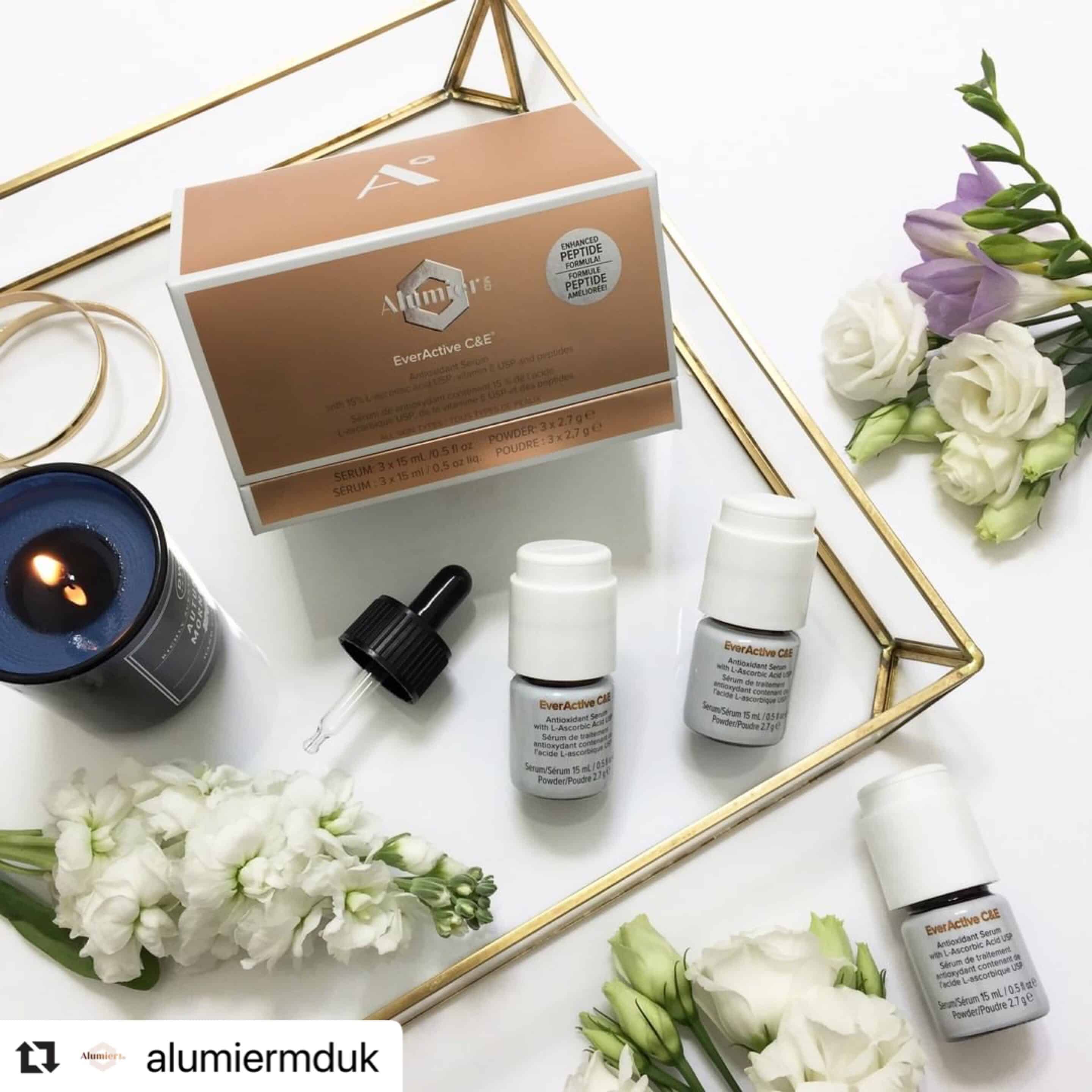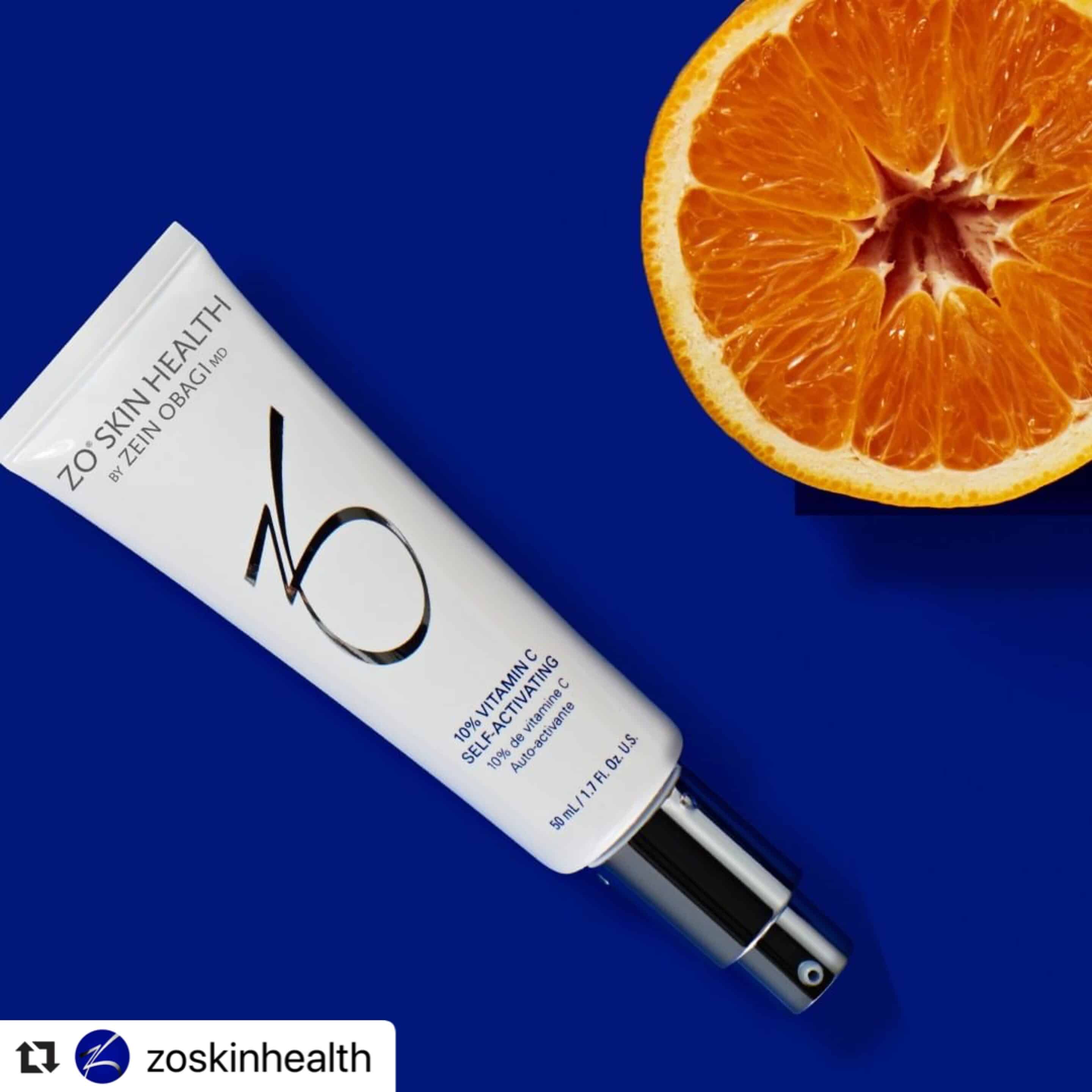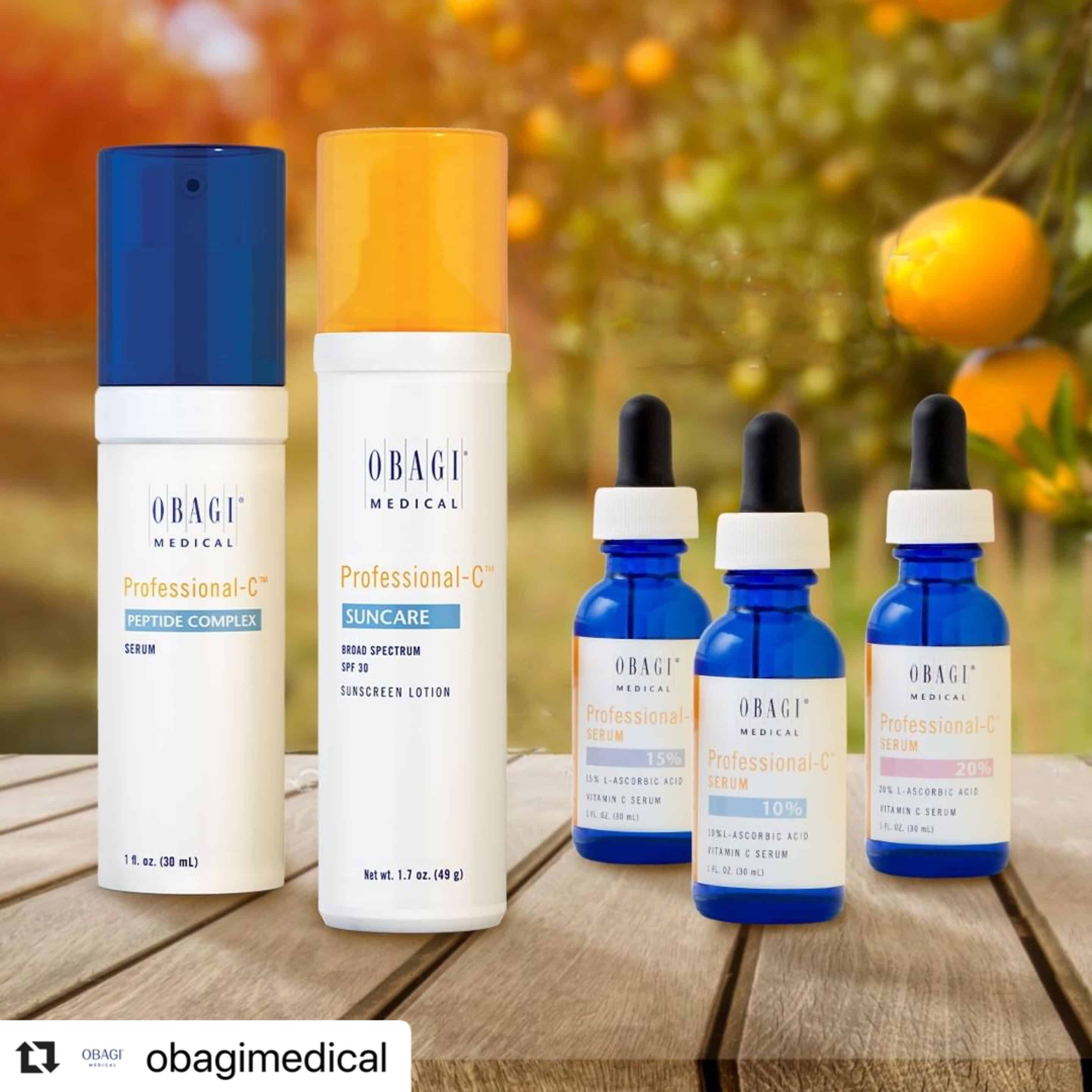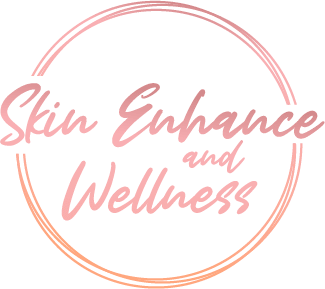Vitamin C is a powerful ingredient with a number of benefits when applied directly on your skin. By applying the active form of Vitamin C (L-ascorbic acid) at the right percentage you can brighten and tighten your skin giving it a natural, healthy glow.
Studies have shown that the skin naturally has a high concentration of Vitamin C in youthful skin. However, the levels decline with age precipitated by pollution, UV radiation and smoking.
Although there are numerous health benefits to taking oral vitamin C, sufficient quantity is not delivered to the skin by the body which conserves it for vital organs. We absorb Vitamin C from the food we consume via the small intestine but only the required amount is absorbed, and the excess is just excreted.
Fortunately, Vitamin C can be easily absorbed from the skin as they are very small molecules. The absorption is optimal if the skin is adequately prepared to receive the active form of vitamin C (L-ascorbic Acid), by this I mean the pH of the skin has to be acidic to encourage the transfer of vitamin C from the surface to the active skin layer. This can be achieved by using an appropriate toner after cleansing to lower the skin’s pH level. This allows the water-loving L-ascorbic Acid to cross the skin barrier.
How does Vitamin C benefit your skin?
What does a medical-grade Vitamin C serum do for your skin?
Antioxidant
You may have heard of free radicals which are unstable particles in the environment created by UV radiation, pollution, etc. that can cause damage to cells. Antioxidants neutralize these particles and prevent potential damage from occurring. Vitamin C is an antioxidant within the body and in the skin, hence has a major role in disease prevention.
UV Radiation from the sun accounts for up to 80% of skin ageing. This can lead to pigment disorders, DNA damage and early cell death leading to premature ageing. One of our skin’s protection from UV radiation is by the daily use of broad-spectrum sunscreens but sunscreens alone can only protect against about half of the effects of damage by free radicals generated by UV radiation. It is important to note that Vitamin C is not a sunscreen and should not be used as such, but your skin is better protected by layering the antioxidant before the sunscreen. This combined effect maximises the protection and maintains the skin’s youthfulness.
Collagen synthesis
Collagen is the structural protein found in many parts of the human body including muscles, tendons, ligaments and the skin. They comprise of strands of peptides wound together to create a firm matrix.
Vitamin C stimulates certain types of collagen commonly found in the skin. It also helps to link the collagen together to make the matrix. Moreover, Vitamin C inhibits collagen breakdown by inhibiting the enzymes that normally break it down leading to wrinkle formation. The result is radiant and youthful looking skin.
Pigmentation control
Vitamin C inhibits melanin production hence has a role in reducing unwanted pigmentation. It is commonly combined in treatments of age spots, melasma and hyperpigmentation. The regular use of Vitamin C brightens the skin.
Immune defence
Vitamin C improves the barrier function of the skin and therefore supports its protective function. It reduces inflammation so has a role in skin disease management in some skin conditions. Within the body, it improves the defence system to better protect against pathogens.
Types and strengths of Vitamin C that should be applied on your skin
Not all Vitamin C products are equal.
Many studies have shown that the optimum percentage of L-ascorbic acid is 10-20%. Anything below is ineffective and anything higher is irritating to the skin.
L-ascorbic acid, when exposed to light and air degrades and changes colour as it starts to neutralize free radicals in the air. It should be clear or straw coloured but once oxidized turns brown by which time it is more harmful to apply on our skin. For this reason, it is notoriously difficult to create formulations that keep it active and effective for consumer use. Serums are often packaged in dark bottles and delivered via pipettes to reduce exposure of the content to sunlight. An example is the Obagi Medical® Professional-C™ is available as 10%, 15% and 20% L-ascorbic acid.
Combination Preparations of Vitamin C
AlumierMD EverActive C&E® combines L-ascorbic acid 15% with Vitamin E as a three-month package. It is available to prepare fresh when you are ready to use. By cleverly storing the powder form of L-ascorbic acid in a reservoir and only activating it when you open the packaging, the serum remains fresh for one month and the next package is only activated when required. This product harnesses the antioxidant property of Vitamin E which also has a weak role in pigment suppression and is a highly effective moisturiser. AlumierMD has shown that the synergistic effect with Vitamin E is such that Vitamin E enhances the antioxidant property of Vitamin C fourfold making it a powerful antioxidant. By combining a peptide into the formula, it is able to strengthen the skin and improve elasticity, overall a game changer.
Cost £149 (45ml)

AlumierMD Vitamin Rich Smoother combines Vitamin C 15% with Vitamin E in a primer like consistency ideal for dry skin.
Cost £69.50 (30ml)
ZO Skin Health® C Bright 10% Vitamin C serum delivers 10% L-ascorbic acid in anhydrous form i.e it does not contain any water and is activated only on contact with the moisture on the face. This formulation also contains 0.1% of the stable form of Vitamin C, Vitamin E and other antioxidants.
Cost £79 (50ml)

Obagi Professional-C™ Peptide complex– Contains 10% L-ascorbic acid with peptides.
Cost £112.68 (30ml)
Obagi Professional-C™ Suncare SPF 30: Contains 10% L-ascorbic acid and broad spectrum SPF.
Cost £73.82 (48g)
Obagi Professional-C™ Serums 10%, 15% and 20%
Cost £79-121 (30ml)

What to expect when you first start using a Vitamin C serum on your skin?
Slight redness and tingling are a normal response and will subside with continuous use.
Cautions with Vitamin C use on your skin
Due to its numerous roles, it has many benefits for dry, normal and oily skin types. However, those that have active acne may find it unsuitable.
It should not be layered with Retinol (Vitamin A), therefore best to use it in the morning when retinol is being used at night.
In summary, Vitamin C is a powerful antioxidant being able to mop up free radicals preventing any adverse action in the skin, stimulate collagen production, suppress pigment formation and improve complexion. It is difficult to maintain in its active form but the products I have chosen and recommend at Skin Enhance Clinic are well researched and provide optimum levels for skin health.
If you would like to know more about these products or find out how it can benefit your skin don’t hesitate to get in contact for an appointment for a bespoke skincare plan here at Skin Enhance Clinic.


Recent Comments